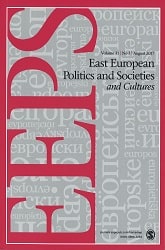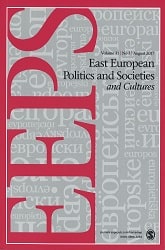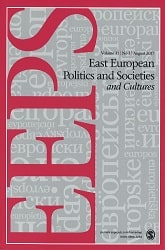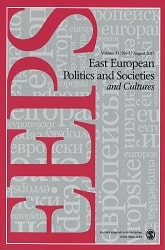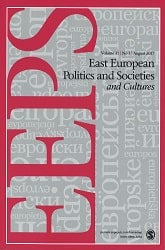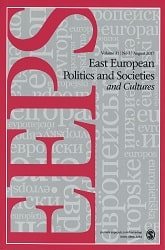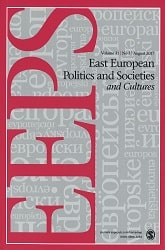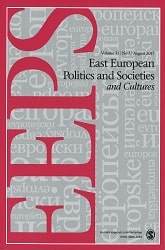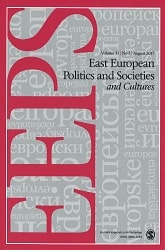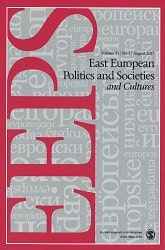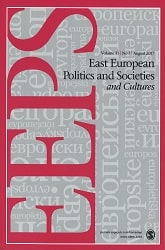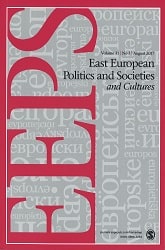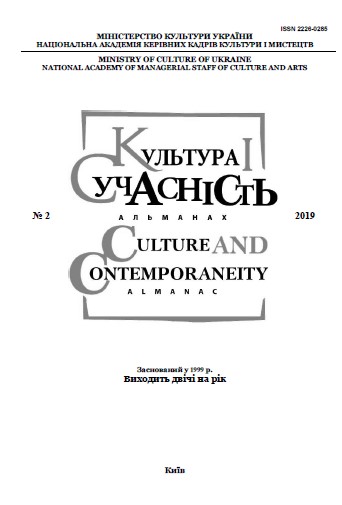
ТВОРЧІСТЬ ХУДОЖНИКА ЯК ВІДБИТТЯ СОЦІАЛЬНО-ПОЛІТИЧНОЇ СИТУАЦІЇ В УКРАЇНІ
The purpose of this article is to highlight the peculiarities of the influence of the state's ideology on the artists work during the Soviet period. The methodology of this study involves the application of methods of historical, systematic, biographical and art-study analysis. The application of such methods enables one to study minutely and objectively the causes of the censorship of artistic works during the time of the existence of the USSR, the specifics of the introduction of socialist realism in the culture of the country by examining it on the example of the work of one of the artists. The scientific novelty of this research results in study of the influence of dominant ideology and socialist realism on the creativity of the particular author as well as the observation of the changes in his works of different periods. Conclusions. Each artist always exists in a certain social environment, reflecting to a greater or lesser extent in his work both the influence of the environment and the socio-political situation in the state. However, in the history of Ukraine there were periods when such influence turned into pressure, limiting the freedom of creativity of the artists, as well as the freedom of the representatives of other types of art. In particular, these were the decades of the existence of Soviet power, when the regulation of the creative process was perhaps the most rigid, not only subordinating the work of artists to the ideological needs of the ruling party, but also determining even the stylistic principles of the solution of works. The confrontation of modernist trends and socialist realism was visible already in the early 1930s, as both the official documents of that time and the works of artists evidence. The study of this topic allowed to determine the manifestations of stylistic changes, in particular, in the work of the Chernivtsi author Leon Kopelman, whose work clearly demonstrates the transition from the trends of European modernism to the art of socialist realism with the characteristic ideological reflection of historical events and the modern life of the country.
More...
